
WHAT CAUSES TIGHT MUSCLES AND TIPS TO EASE THEM
There are several reasons why people may experience muscle tightness. The most common reasons are poor sleeping positions, dehydration, stress, and weak and overexerted muscles. This article will cover the main wrongdoers for muscle tightness and how you can relieve tight muscles even from the comfort of your home.
According to Dreams, the sleep and mattress specialists, the average person spends approximately 26 years of their life sleeping. This is why sleeping in the right position with a good quality mattress and pillows can do wonders if you suffer from tight muscles.

YOU MAY NEED MORE WATER
Most people are also not aware of the fact that if you don’t drink enough water, it can lead to muscles feeling tight and uncomfortable. Moderate dehydration is a loss of water of up to 10% and anything above that will be considered severe dehydration. Muscle tightness and cramps can be an early sign of dehydration so be sure to drink enough water throughout the day.

STRESS AND CORTISOL
Our body naturally goes into fight or flight mode when we are anxious or stressed. In response to this perceived fear that we experience, our muscles start to tense up and tighten to protect our bodies from injuries or pain.
WEAK MUSCLES DUE TO SITTING
Research from the British Heart Foundation found that the British public spends around 67 hours a week sitting down. This statistic doesn’t even include those working in an office, and with the rise in remote working, this number will only increase over the coming years. People who lead a sedentary lifestyle are far more likely to experience tight muscles, especially in the upper and lower back.

ACTIVE TENSION DUE TO PHYSICAL STRAIN
Athletes experience muscle tightness and cramps quite regularly. They must ensure they get enough electrolytes during and after strenuous physical activity to replenish minerals—such as magnesium—which are depleted during exercise and can lead to cramps, twitching, and restless legs at night.

HERE ARE SOME OF OUR SCIENCE-BACKED SUGGESTIONS.
Don’t Forget to Stretch.
Some people think of stretching as an afterthought; it’s never really a priority until you start to experience tightness in your neck and hips or pain in your lower back. Muscle tightness can be debilitating and make us move less, which is only a vicious cycle. Incorporating stretching into your daily routine can improve your range of motion for a joint, improve movement, and even reduce your risk of injuries. Have a look at our beginner-friendly article here on the best stretches to start your flexibility journey.

Use Foam Rollers.
Foam rollers can be quite intimidating for many people—including athletes and gym-goers—especially those who suffer from tight muscles. But this handy equipment can be highly beneficial for sore muscles. Foam rolling is a form of myofascial release, and it can help lengthen the muscles, enabling you to move more freely. In addition, they are easy to use once you get the hang of positioning yourself correctly. Simply locate the tender muscle and gently roll the foam roller over that area for up to 30 seconds, going deeper and deeper as you breathe.

The importance of diet.
As mentioned earlier, drinking enough water is critical for numerous reasons, so please be sure to aim for around 2 to 3 litres per day.
Collagen is an important component of muscles, bones, skin, and several organs. Collagen is also critical for providing support and elasticity to connective tissue in the body and helps bones, ligaments, and tendons withstand pressure during stretching. Unfortunately, as we age, our bodies become less efficient at producing collagen. Our ligaments and tendons connect the muscles to our bones, so if they’re weak, this increases your risk of injury, pain, stiffness, and aches after physical activity.
Over the years, collagen has become increasingly popular among the masses as more research has proven how highly beneficial this protein is for our health. Various studies have shown that collagen can be used to alleviate muscle soreness and build and repair muscle, especially after a workout.
Our FLEXIBLE by LEMAlab is a high-quality protein powder. It contains hydrolyzed bovine collagen peptides from pasture-raised animals, with complementary ingredients Methylsulfonylmethane, Bromelain, and Glucosamine Sulphate for a superior anti-inflammatory and recovery effect. Although results will vary, you should start noticing significant improvements in your joint health within 4 to 12 weeks.
Seek a Professional.
Another option would be to visit a professional chiropractor or physiotherapist who can use their experience and expertise to help relieve problems with bones, muscles, and joints. With consistency, you will start to notice improvement and increased flexibility over time using some of our recommended suggestions.
Have a FLEXIBLE day and a pain-free life!



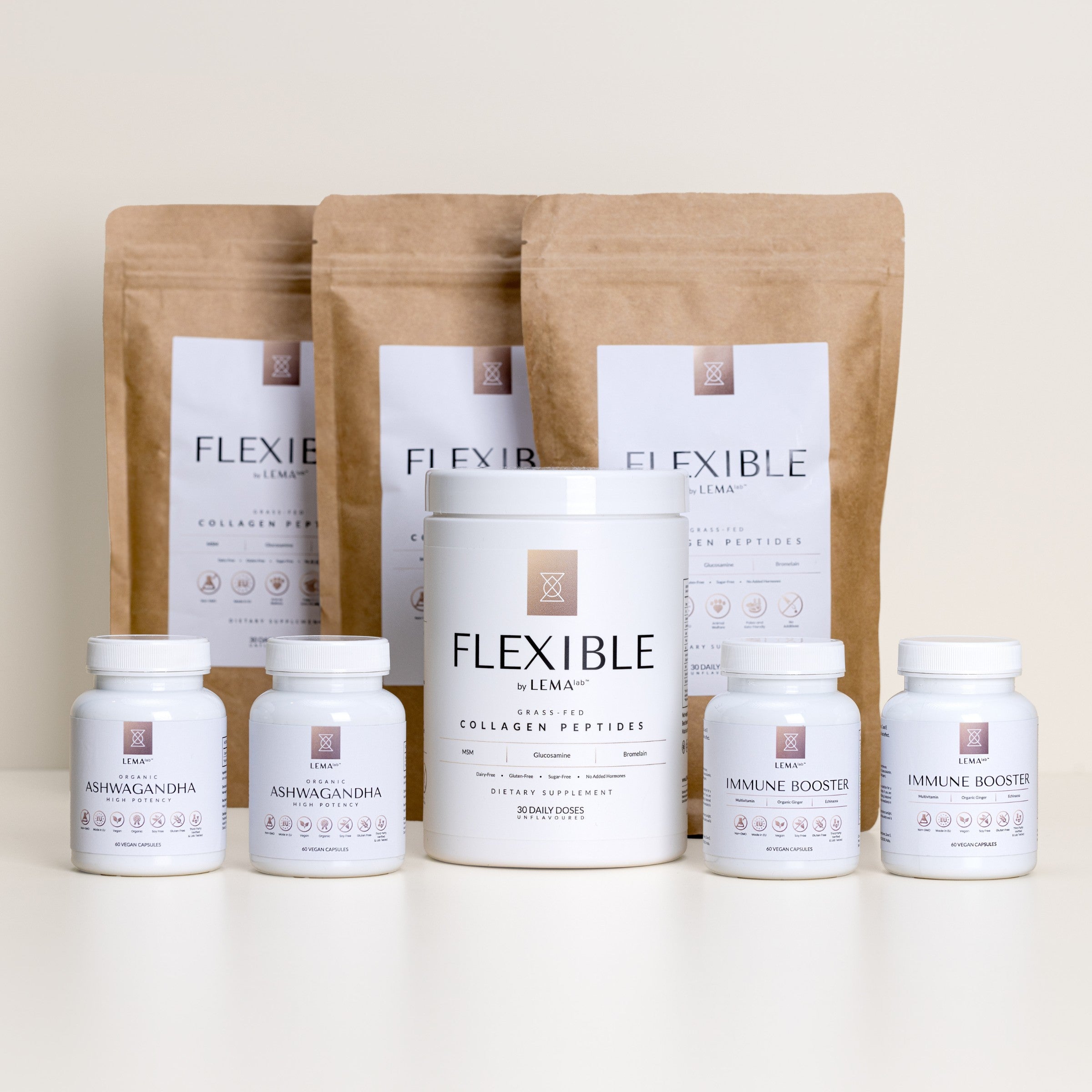
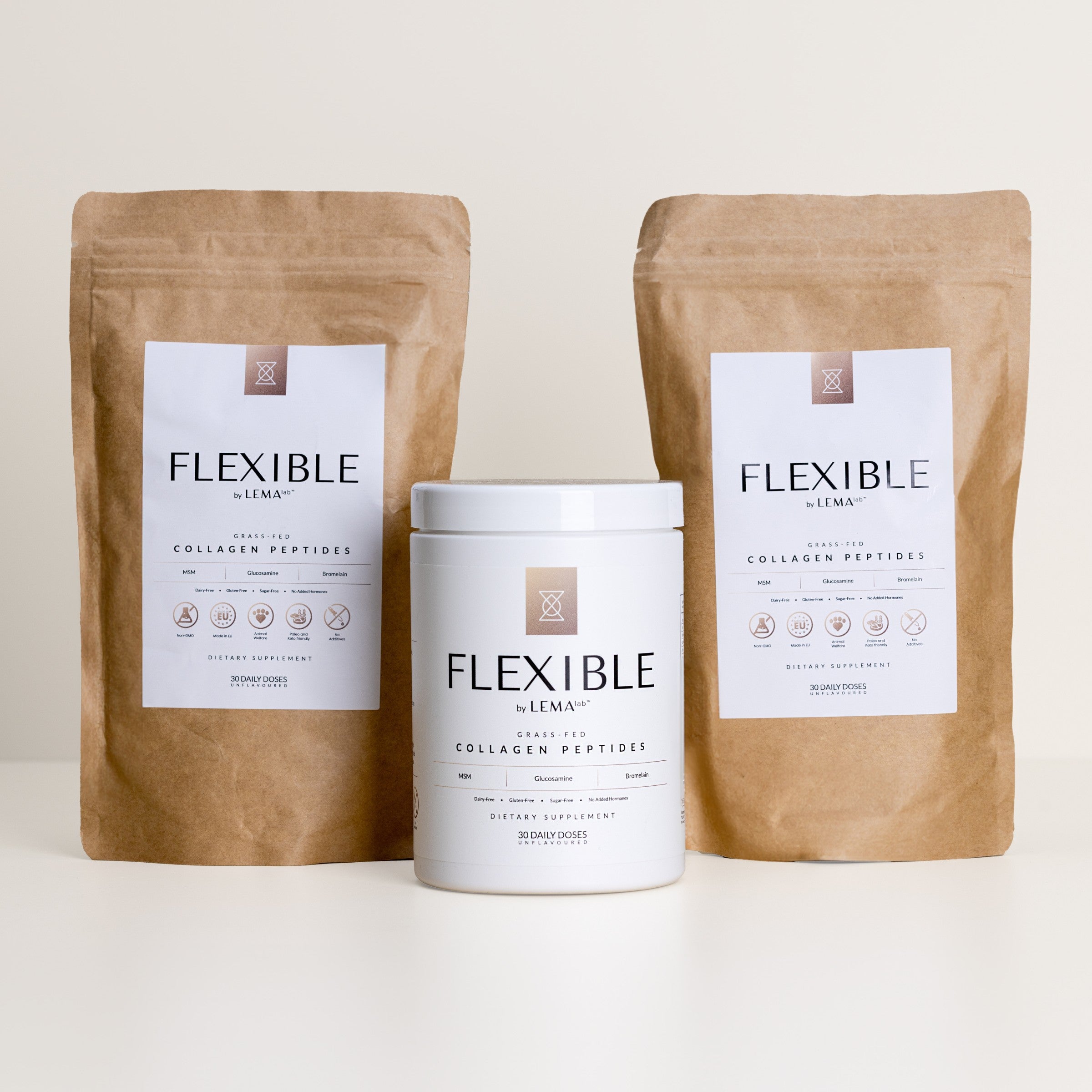

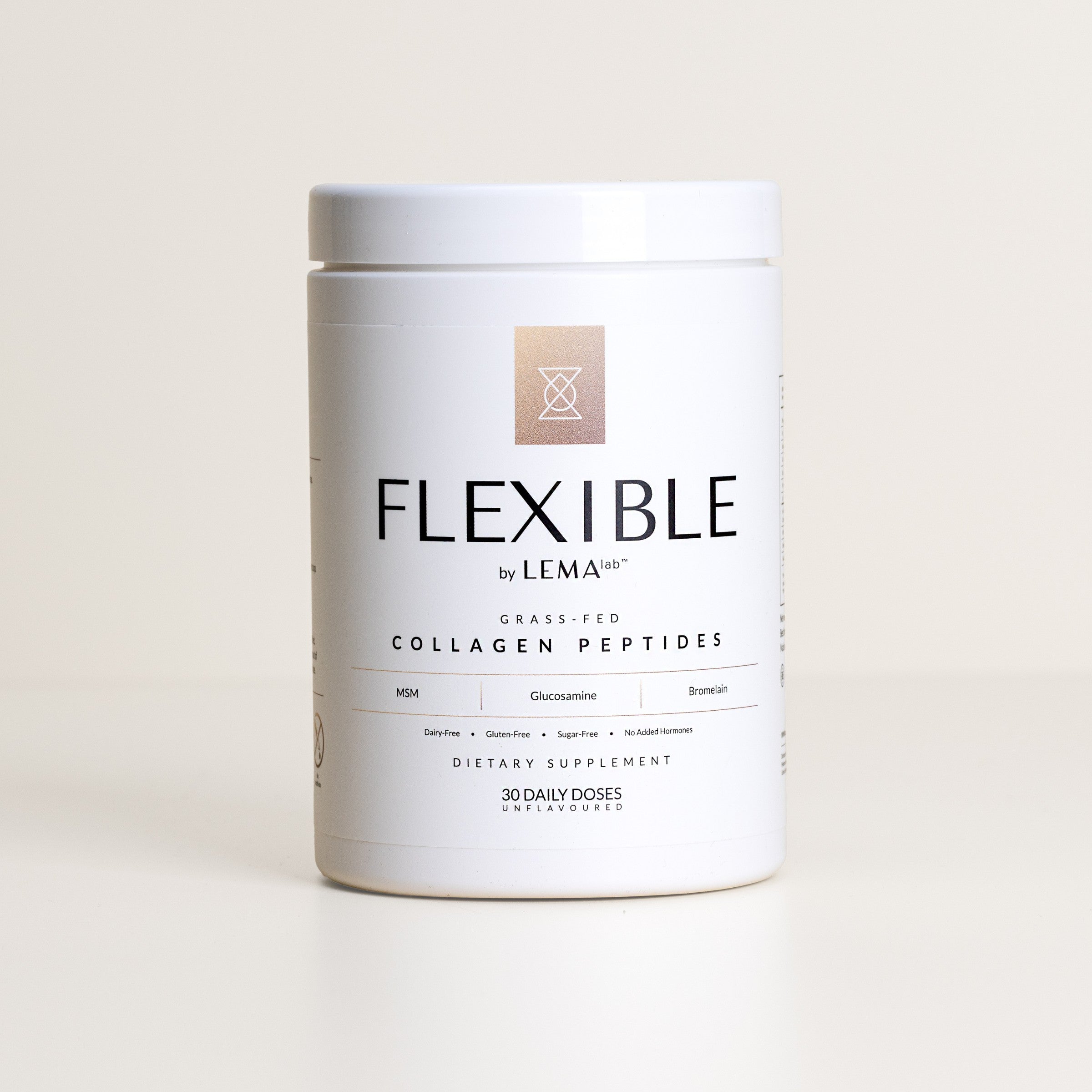
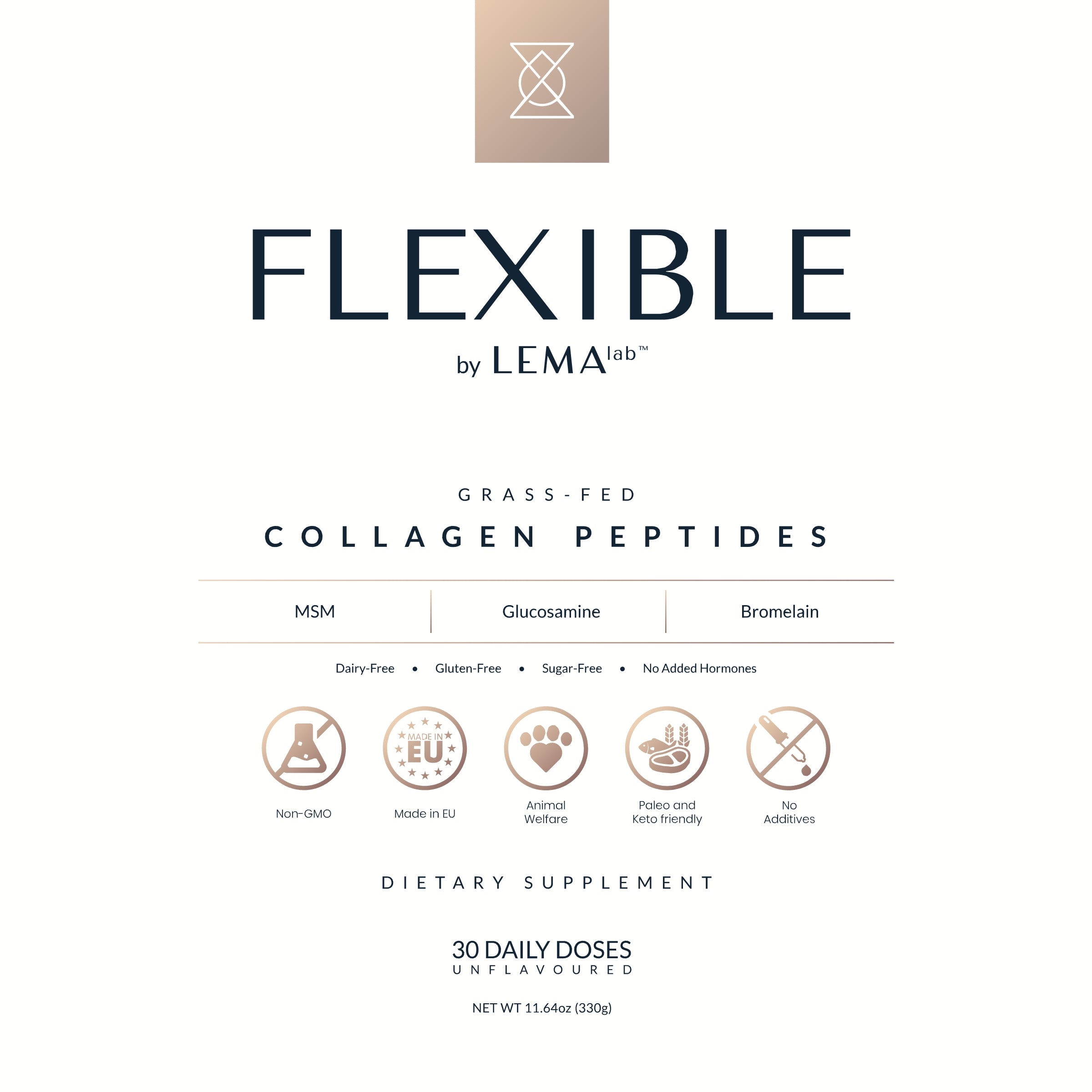
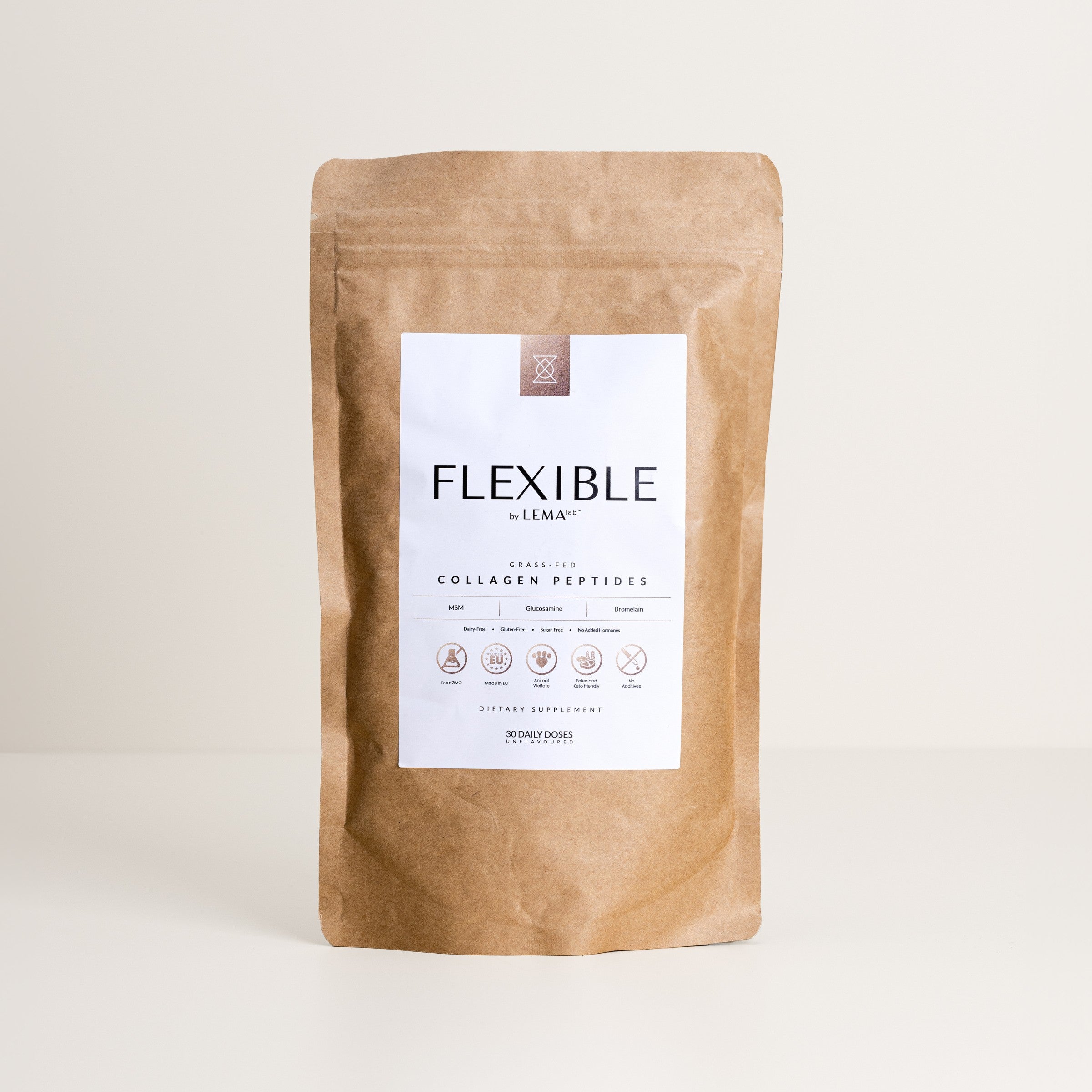
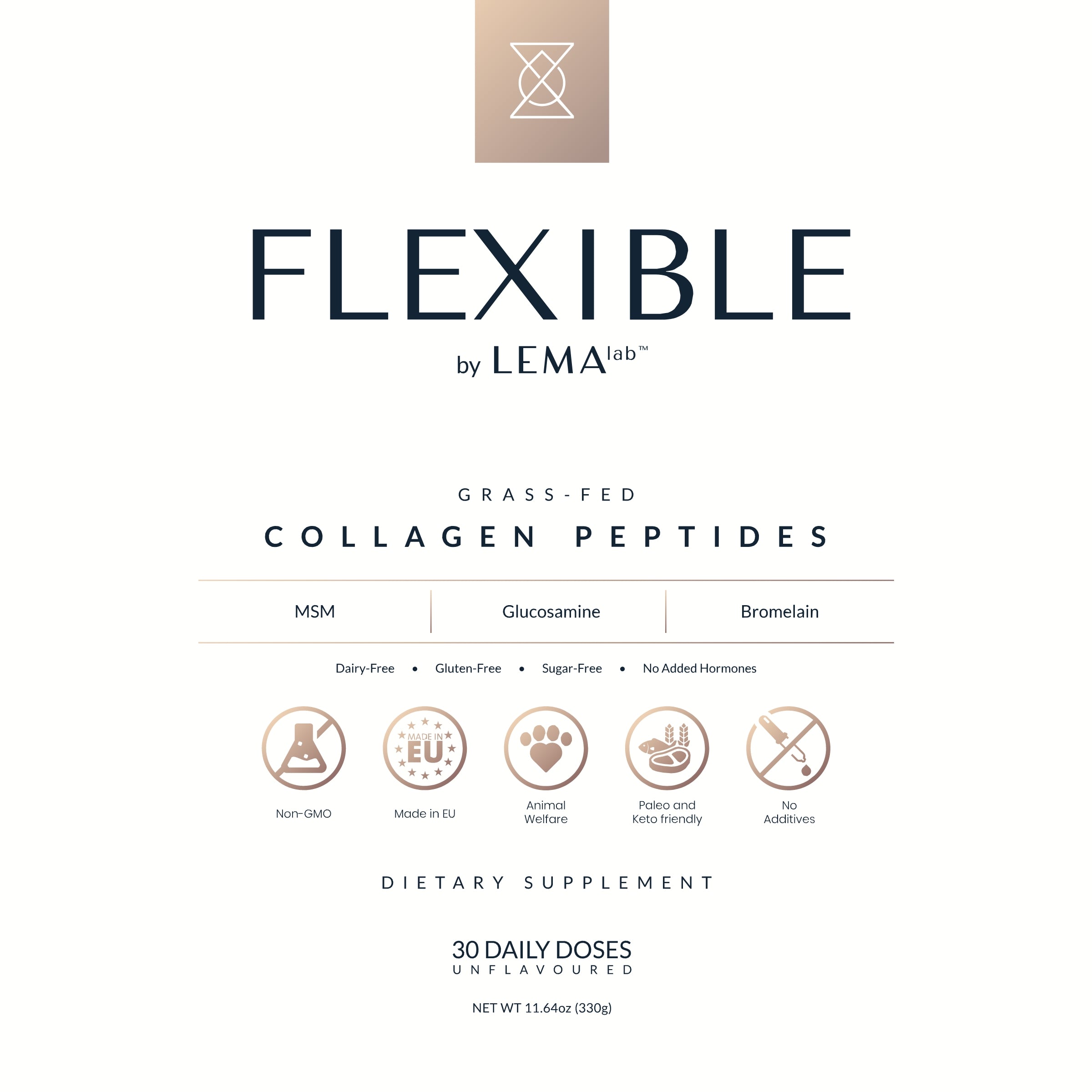
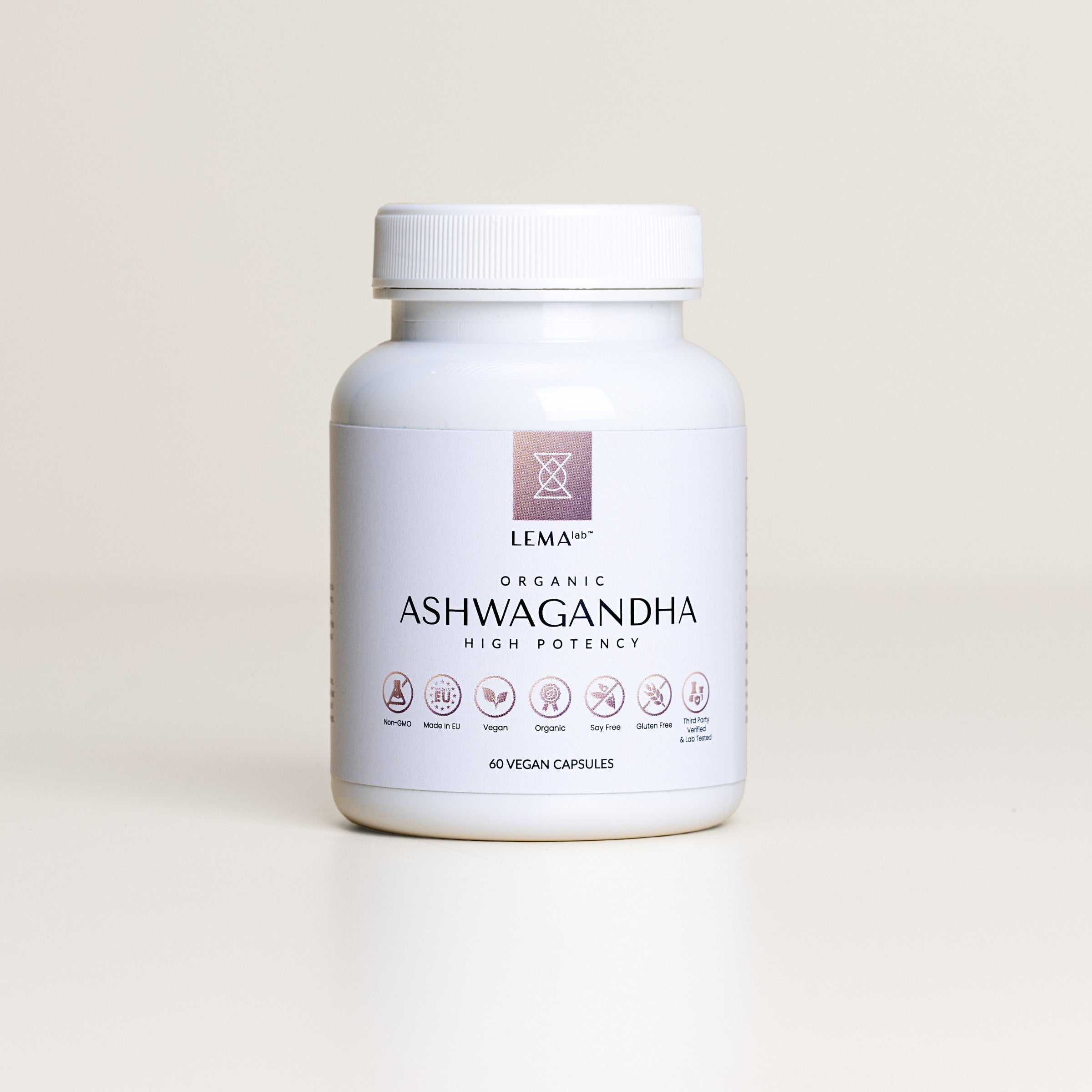
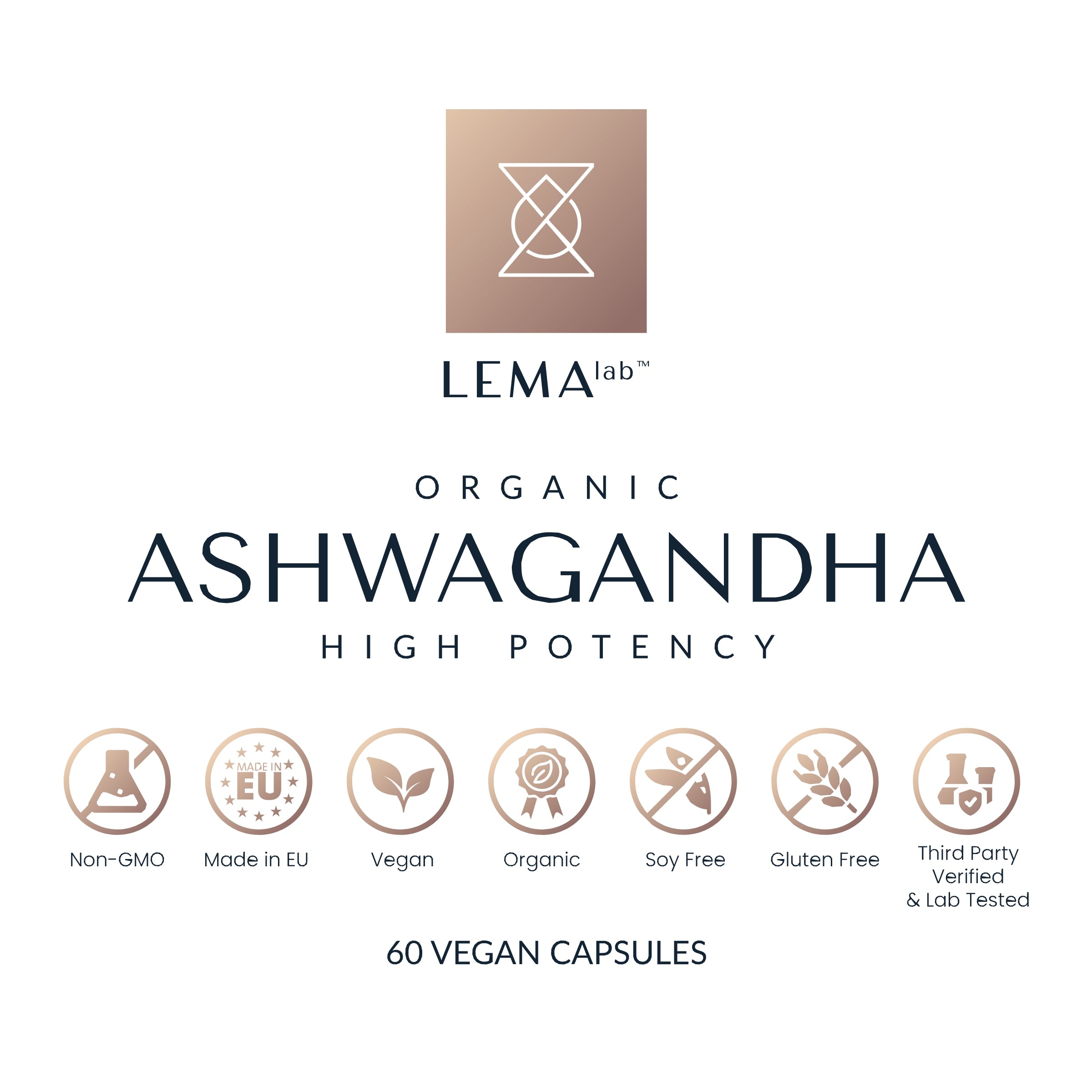
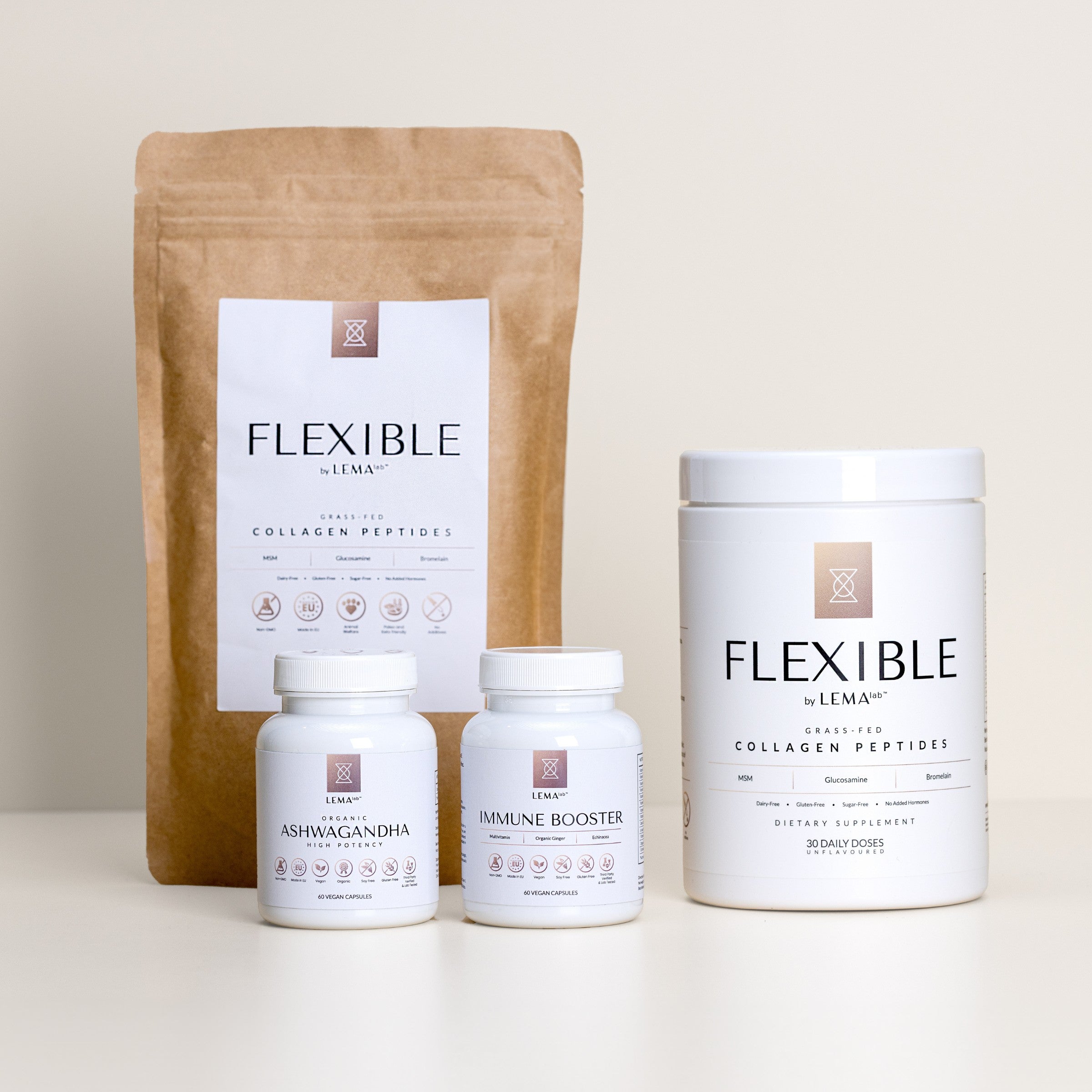
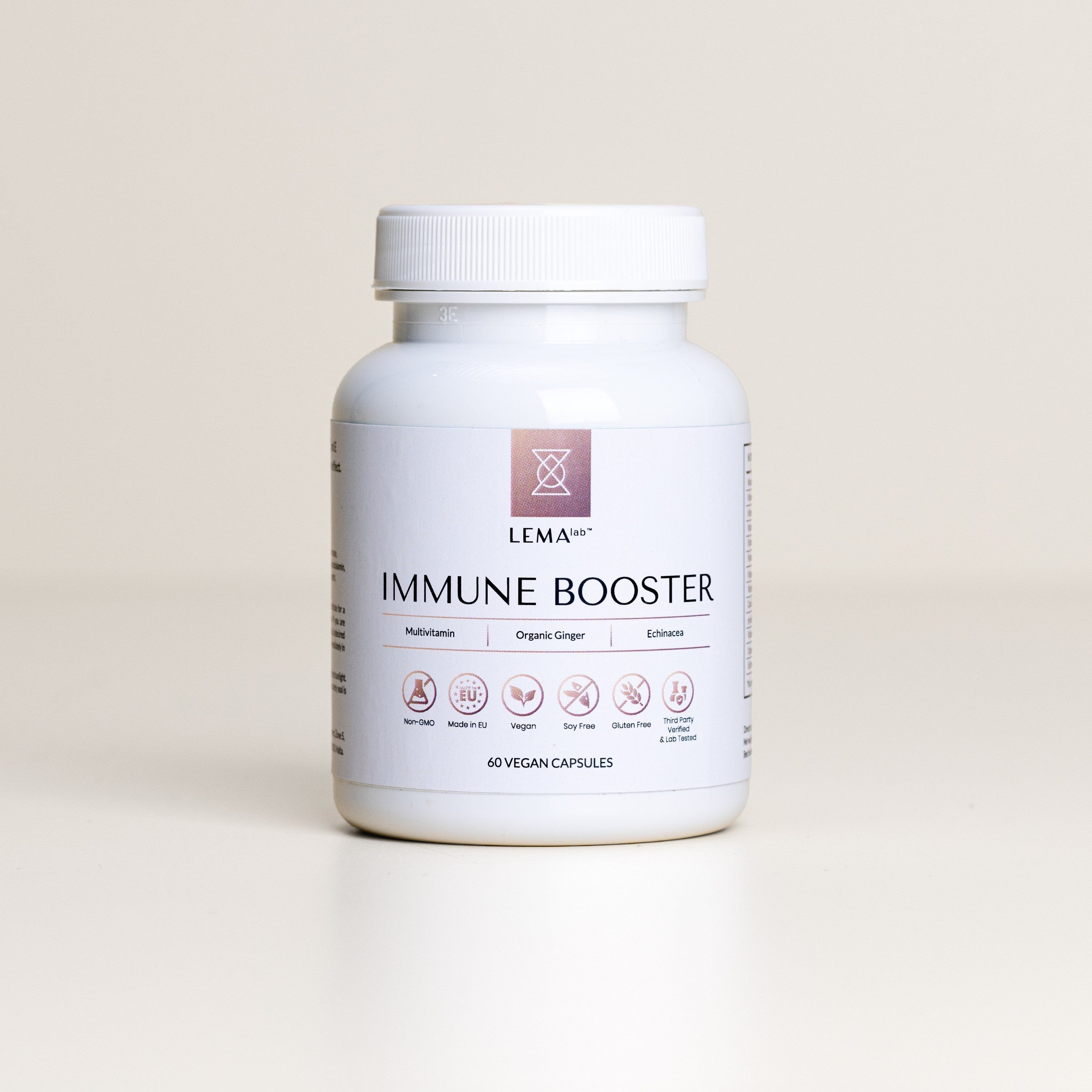
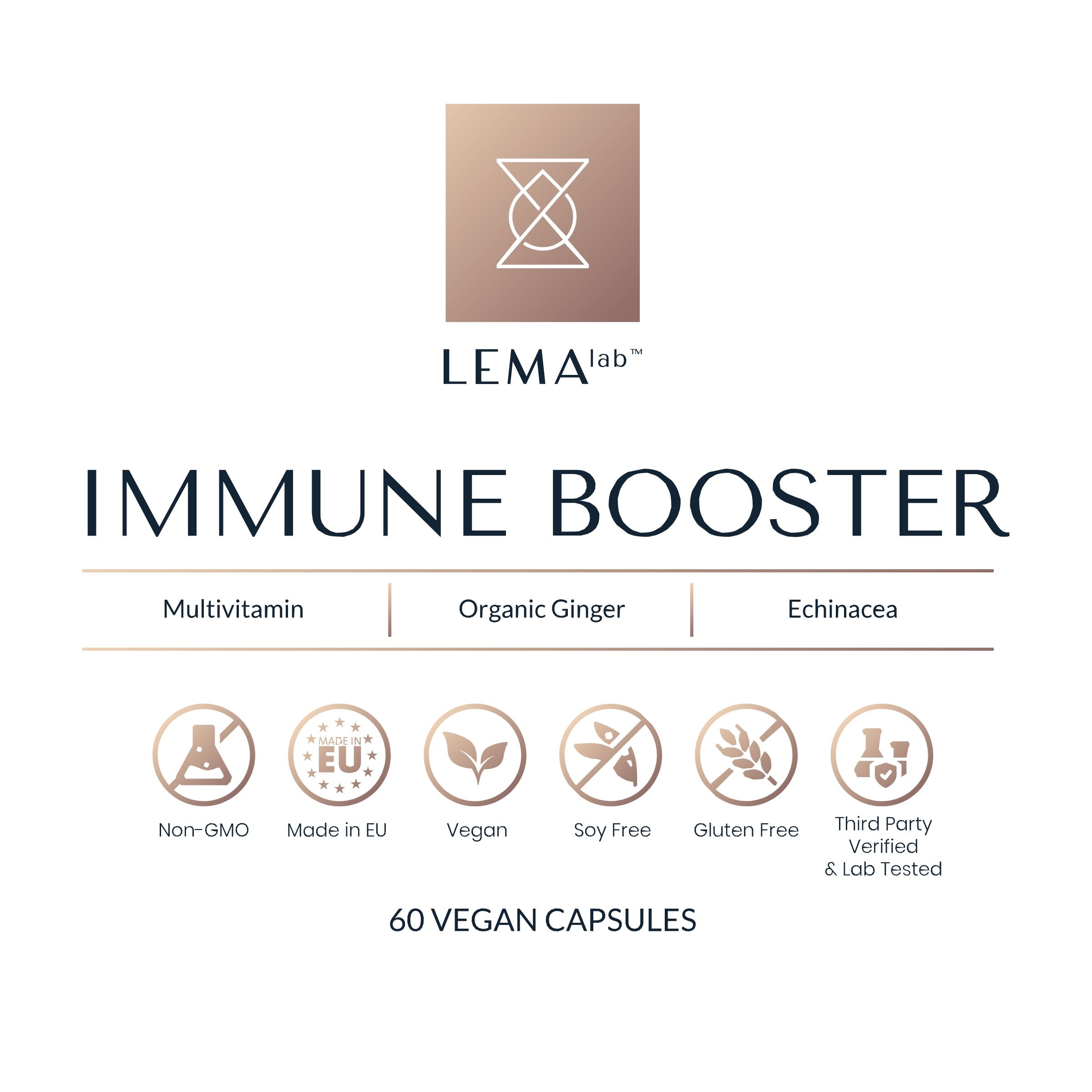
Leave a comment
This site is protected by hCaptcha and the hCaptcha Privacy Policy and Terms of Service apply.